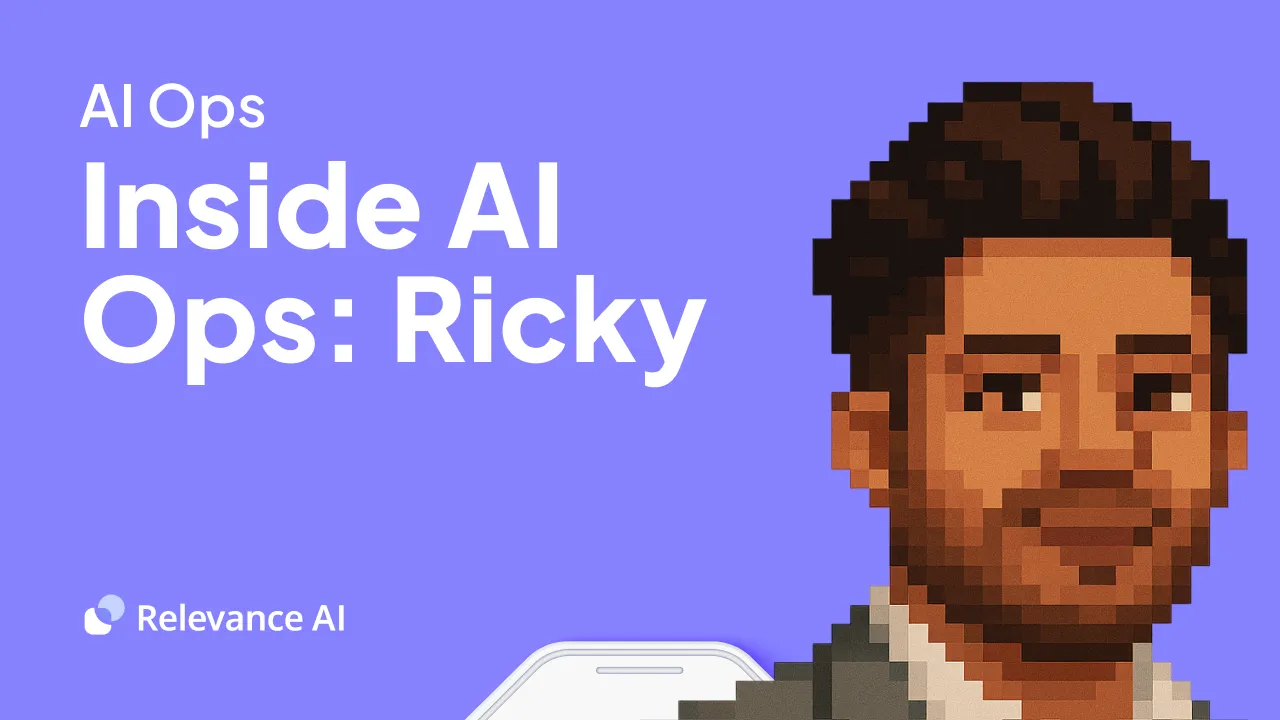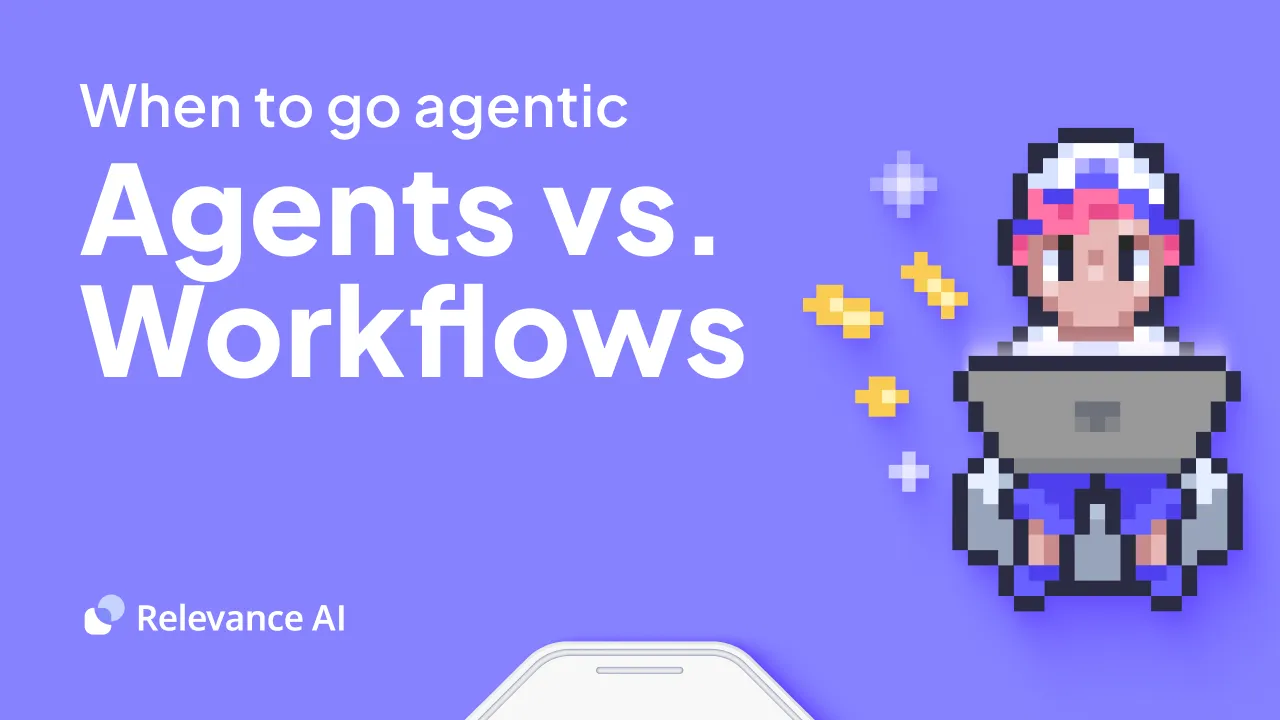Introduction
Artificial Intelligence (AI) in retail refers to the use of computer systems and algorithms to automate and enhance various aspects of selling products to consumers, from inventory management to customer service. These technologies help retailers make data-driven decisions, personalize shopping experiences, and streamline operations across both physical stores and e-commerce platforms.
This guide will show you the key ways AI is transforming retail, including how it powers personalized recommendations, enables smart inventory management, enhances security, and improves customer service. You'll learn about specific AI applications that are revolutionizing both online and brick-and-mortar stores, along with practical examples of successful implementations.
Ready to shop smarter? Let's explore how AI is turning retail therapy into retail science! 🛍️🤖
Understanding AI in Retail
Artificial intelligence has revolutionized how retail businesses operate, leveraging sophisticated technologies to transform both online and brick-and-mortar stores. At its core, retail AI encompasses machine learning algorithms, computer vision systems, and natural language processing capabilities that work together to create seamless shopping experiences.
Modern retailers utilize AI-driven analytics to process vast amounts of customer data, turning raw information into actionable insights. These systems continuously learn from customer interactions, improving their ability to predict shopping patterns and preferences over time.
- Computer vision for monitoring store traffic and shelf inventory
- Natural language processing for customer service chatbots
- Machine learning algorithms for demand forecasting
- Predictive analytics for personalized recommendations
- Robotics for warehouse management and automation
Physical stores benefit from AI through smart cameras and sensors that track customer movement patterns, helping optimize store layouts and product placements. These systems can identify high-traffic areas, monitor dwell time at displays, and analyze customer engagement with products.
Digital commerce platforms leverage AI to create dynamic shopping environments that adapt in real-time to customer behavior. Smart algorithms analyze browsing patterns, purchase history, and customer preferences to deliver personalized product recommendations and tailored promotions.
How AI is Transforming Retail Operations
The integration of AI into retail operations has fundamentally changed how businesses manage their daily activities. Supply chain optimization stands as one of the most significant improvements, with AI systems predicting inventory needs and coordinating deliveries with unprecedented accuracy.
- Reduced operational costs through automated processes
- Enhanced inventory management and stock prediction
- Improved supply chain efficiency and coordination
- Better fraud detection and prevention
- Streamlined checkout processes
Predictive analytics plays a crucial role in modern retail management. By analyzing historical sales data, seasonal trends, and external factors like weather patterns or local events, AI systems can forecast demand with remarkable precision. This capability helps retailers maintain optimal inventory levels while minimizing waste and storage costs.
Security and loss prevention have seen dramatic improvements through AI implementation. Advanced surveillance systems can now detect suspicious behavior patterns, while smart inventory tracking helps prevent shrinkage and identify potential theft before it occurs.
AI Use Cases in Retail
Customer engagement has evolved significantly with AI-powered solutions. Virtual shopping assistants provide personalized recommendations while handling routine customer inquiries, freeing human staff to focus on more complex interactions.
- Dynamic pricing systems represent one of the most powerful applications of AI in retail. These sophisticated algorithms analyze multiple factors including:some text
- Competitor pricing
- Current inventory levels
- Historical sales data
- Market demand
- Time of day
- Weather conditions
- Supply chain optimization through AI has transformed how retailers manage their inventory flow. Smart systems track products from manufacturer to shelf, predicting potential disruptions and automatically adjusting orders to maintain optimal stock levels.
- Product development has become more data-driven with AI analysis of customer preferences and market trends. Retailers can now identify gaps in their product lines and predict which new items are likely to succeed before investing in inventory.
- Visual search capabilities powered by AI allow customers to find products by uploading images, revolutionizing how people shop for fashion and home décor items. This technology can identify similar products within a retailer's inventory, making product discovery more intuitive and efficient.
Enhancing Customer Experience with AI
Personalization has reached new heights through AI-driven customer analysis. Modern retail systems can create detailed customer profiles based on:
- Purchase history
- Browsing behavior
- Social media activity
- Location data
- Device usage patterns
Smart fitting rooms equipped with AI technology enhance the in-store shopping experience by suggesting complementary items and allowing customers to request different sizes without leaving the fitting room. These systems can even adjust lighting conditions to show how garments might look in different settings.
Real-time inventory management systems powered by AI ensure that customers can always find what they're looking for. These systems track stock levels across all channels, automatically triggering reorders when necessary and providing accurate availability information to customers.
- Customer service innovations through AI include:some text
- 24/7 chatbot support
- Voice-activated shopping assistants
- Automated return processing
- Predictive problem resolution
- Personalized email marketing
Loyalty programs have become more sophisticated with AI analysis, offering targeted rewards and incentives based on individual shopping patterns. These systems can predict when customers might be ready to make their next purchase and send perfectly timed promotions to encourage sales.
Optimizing Inventory and Supply Chain Management
Smart inventory management powered by AI has become a game-changer for retailers seeking to maximize efficiency and reduce costs. By analyzing vast amounts of data, AI systems can predict future demand with remarkable accuracy, helping retailers maintain optimal stock levels throughout their supply chain.
Consider a clothing retailer preparing for the upcoming season. Their AI system examines:
- Historical sales data across all locations
- Current market trends and fashion forecasts
- Local weather patterns
- Social media sentiment
- Economic indicators
This comprehensive analysis enables precise inventory decisions, reducing both stockouts and excess inventory.
In warehouse operations, AI-powered robots and automated systems work alongside human staff to optimize picking routes and improve order fulfillment speed. These systems continuously learn and adapt to changing conditions, becoming more efficient over time.
Real-time route optimization has revolutionized delivery operations. AI algorithms consider multiple factors such as traffic patterns, weather conditions, and delivery windows to determine the most efficient delivery routes, significantly reducing transportation costs and improving delivery times.
AI-Driven Marketing and Personalization
The power of AI in retail marketing lies in its ability to create highly targeted, personalized campaigns that resonate with individual customers. Modern AI marketing systems analyze countless data points to understand customer preferences, behaviors, and purchase patterns.
Through sophisticated machine learning algorithms, retailers can now:
- Create dynamic pricing strategies that adjust in real-time
- Develop personalized email campaigns with relevant product recommendations
- Target social media advertisements to specific customer segments
- Generate customized promotional offers based on individual shopping histories
Loyalty programs have evolved beyond simple point-collection systems. AI-powered programs now create personalized rewards that align with individual customer preferences and shopping patterns. For instance, a customer who frequently purchases organic products might receive specialized offers for new organic product lines, while a price-sensitive shopper might receive more discount-focused rewards.
Content creation has also been transformed by AI technology. Product descriptions, blog posts, and marketing copy can be generated automatically while maintaining brand voice and incorporating relevant keywords for SEO optimization. This allows retailers to scale their content production while maintaining consistency and quality.
Security and Fraud Prevention with AI
In the modern retail landscape, security challenges have become increasingly complex. AI systems serve as powerful tools in protecting both retailers and customers from fraudulent activities. These sophisticated systems continuously monitor transactions and behaviors, identifying potential threats in real-time.
Advanced AI security systems can detect:
- Unusual purchasing patterns
- Suspicious login attempts
- Potential credit card fraud
- Identity theft attempts
- Return fraud schemes
Physical retail locations benefit from AI-powered surveillance systems that can identify suspicious behavior patterns and alert security personnel before incidents occur. These systems learn from historical data to recognize potential security threats while respecting customer privacy.
Payment processing has become more secure through AI implementation. Machine learning algorithms analyze thousands of data points during each transaction, making split-second decisions about whether to approve or flag suspicious activities. This has significantly reduced fraudulent transactions while minimizing false positives that might inconvenience legitimate customers.
Future Trends and Benefits of AI in Retail
The retail landscape continues to evolve rapidly with AI technology leading the transformation. Emerging trends point toward increasingly sophisticated applications of AI across all aspects of retail operations. Smart stores equipped with computer vision and IoT sensors will provide seamless shopping experiences, while predictive analytics will enable retailers to anticipate and meet customer needs before they arise.
The integration of AI technologies is creating tangible benefits for retailers:
- Increased operational efficiency through automated processes
- Enhanced customer satisfaction through personalized experiences
- Improved inventory management and reduced waste
- More effective marketing campaigns with higher ROI
- Stronger security measures and fraud prevention
Cashierless stores represent one of the most exciting developments in retail AI. Using a combination of computer vision, sensor fusion, and deep learning, these stores allow customers to simply walk in, select their items, and leave - with payment processed automatically. This technology not only improves the customer experience but also reduces operational costs and enables 24/7 operation.
The future of retail will see even greater integration of AI technologies, with augmented reality shopping experiences, predictive maintenance for retail equipment, and advanced supply chain optimization becoming standard practices. As AI continues to evolve, retailers who embrace these technologies will be best positioned to thrive in an increasingly competitive marketplace.
Conclusion
Artificial Intelligence has fundamentally transformed the retail landscape, offering powerful tools for both retailers and shoppers to create more efficient and personalized shopping experiences. For example, next time you're shopping online, pay attention to the "Recommended for You" section – it's not just random suggestions, but rather AI analyzing your browsing history, past purchases, and similar customer profiles to predict what you might want to buy next. This same technology powers everything from inventory management to security systems, making modern retail smarter and more responsive to customer needs.
Time to let the robots do the shopping while we focus on the important stuff - like deciding which AI-recommended outfit matches our personality! 🛒🤖✨






















